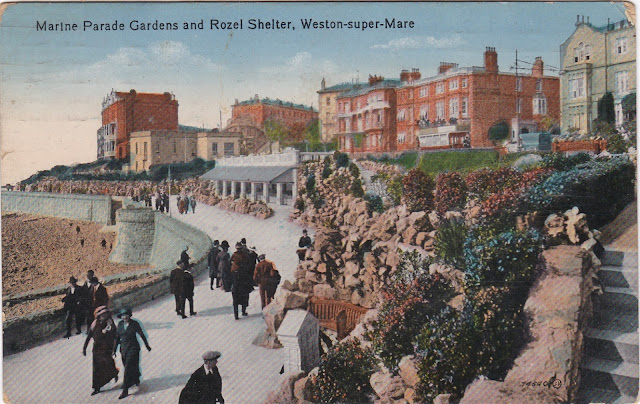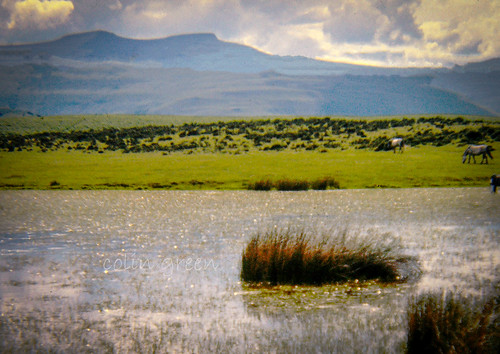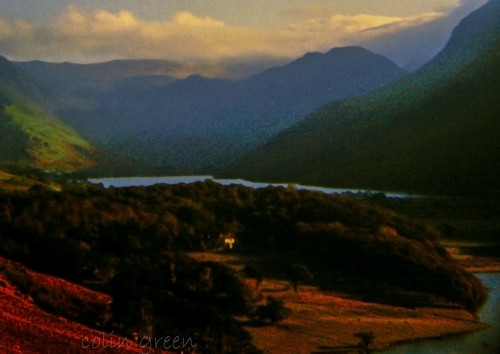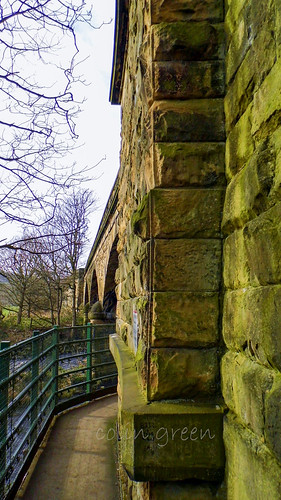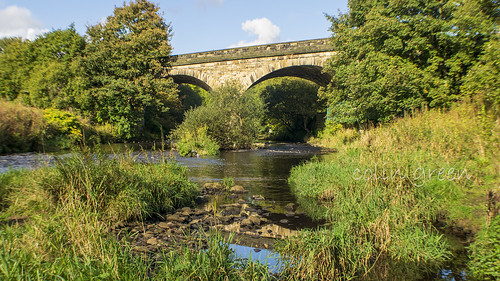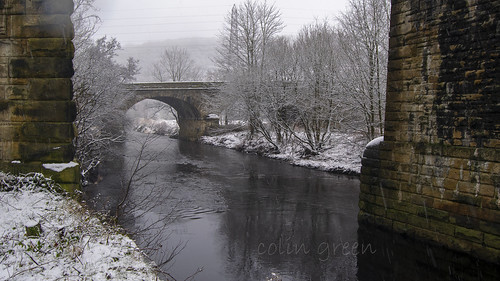Today, let's step back in time with a fascinating find from my personal collection: a beautiful, unposted postcard depicting the charming Manor Gardens in Burnham-on-Sea. What makes this particular card so intriguing isn't just the picturesque scene, but the mystery surrounding its origins and the delightful message it carries.
At the heart of the image stands the bandstand, a classic feature of many early 20th-century public gardens, undoubtedly a focal point for leisure and entertainment back in its day. Even now, the Manor Gardens remain a beloved green space in Burnham-on-Sea, a testament to their enduring appeal.
While the postcard itself bears no postmark, making an exact date elusive, I'd hazard a guess that it hails from the post-First World War period. This era saw a resurgence in seaside holidays and leisure activities, making Burnham-on-Sea a popular destination for those seeking relaxation and enjoyment.
A Message from the Past
Despite never being mailed, this postcard carries a handwritten message, offering a precious, albeit partial, glimpse into the lives of its senders. The faded script, though challenging to decipher completely, reads as follows:
"Dear Phyliss we are having a lovely time plenty of attractions and crowds of people we are getting along nicely we have lovely lodgings and quite near the sea front you'll wish you were here we are first going to the Manor Gardens love _____ and _____."
Sadly, the names of the senders are illegible, lost to the passage of time. Yet, even without their identities, their words paint a vivid picture: a joyful holiday filled with "plenty of attractions and crowds of people," comfortable "lovely lodgings" close to the sea, and a clear sense of contentment and happiness. One can almost feel their excitement as they anticipate their visit to the Manor Gardens, perhaps to enjoy a bandstand concert or a leisurely stroll amidst the flowers.
This postcard, unposted and anonymous as it may be, serves as a poignant reminder of simpler times and the enduring pleasure of a seaside escape. It’s a tiny fragment of history, allowing us to imagine the lives and experiences of those who visited Burnham-on-Sea over a century ago.





